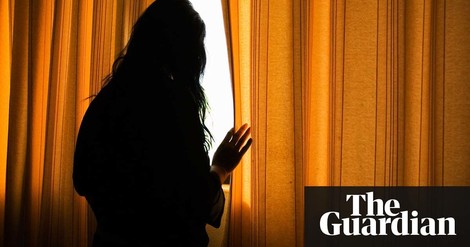Your podcast discovery platform
Curious minds select the most fascinating podcasts from around the world. Discover hand-piqd audio recommendations on your favorite topics.

piqer for: Global finds Health and Sanity Doing Good
Bangalore-based Rashmi Vasudeva's journalism has appeared in many Indian and international publications over the past decade. A features writer with over nine years of experience heading a health and fitness supplement in a mainstream Indian newspaper, her niche areas include health, wellness, fitness, food, nutrition and Indian classical Arts.
Her articles have appeared in various publications including Mint-Wall Street Journal, The Hindu, Deccan Herald (mainstream South Indian newspaper), Smart Life (Health magazine from the Malayala Manorama Group of publications), YourStory (India's media technology platform for entrepreneurs), Avantika (a noir arts and theatre magazine), ZDF (a German public broadcasting company) and others.
In 2006, she was awarded the British Print-Chevening scholarship to pursue a short-term course in new-age journalism at the University of Westminster, U.K. With a double Masters in Globalisation and Media Studies from Aarhus Universitet (Denmark), University of Amsterdam and Swansea University in Wales, U.K., she has also dabbled in academics, travel writing and socio-cultural studies. Mother to a frisky toddler, she hums 'wheels on the bus' while working and keeps a beady eye on the aforementioned toddler's antics.
Podcast: Does An Unequal Society Breed Depression And Anxiety?
The deaths of Kate Spade and Anthony Bourdain in quick succession – both were reportedly battling depression – have brought the issue of mental illness and its causes and effects such as depression and suicide into public discussion again. Mental health is a topic that sorely needs debating worldwide – and if celebrity deaths have prompted it, so be it.
In this context, this podcast on whether social and economic inequality is the primary contributor to our increased stress levels, anxiety and mental illnesses, is timely.
The podcast discusses the age-old belief that money cannot buy happiness. Or can it? Will a bigger holiday, a greater bank balance and a larger car make us all happier? If no, why not though? A growing body of research is finding that not wealth per se but how it is distributed is a major trigger of our happiness (or the lack of it).
Professors Wilkinson and Pickett, who argue in their book ‘The Inner Level’ that wealth inequality causes a range of problems, from obesity to mental illness to stress, say the psychological effects of inequality ensure that we measure our inner worth in relation to our wealth and social status. The more unequal the society, the more people feel stressed about how they are judged. Not only that, inequality encourages ‘conspicuous consumption’; that is, if you live in a more unequal area, you are more likely to splurge on status goods. And if you cannot, there is an instant drop in self-esteem and confidence. The psychologists call this the ‘social evaluative threat’, where all social contact becomes increasingly stressful.
Curiously, it is a good community life and quality social interactions that have again and again shown up as factors responsible for better health and happiness. But with inequalities consuming our brains, houses (and hearts) get barricaded, antagonisms (like the sort against immigrants) rise as does ghettoization.
Understanding this is just the first step in moving towards a more equal society.
